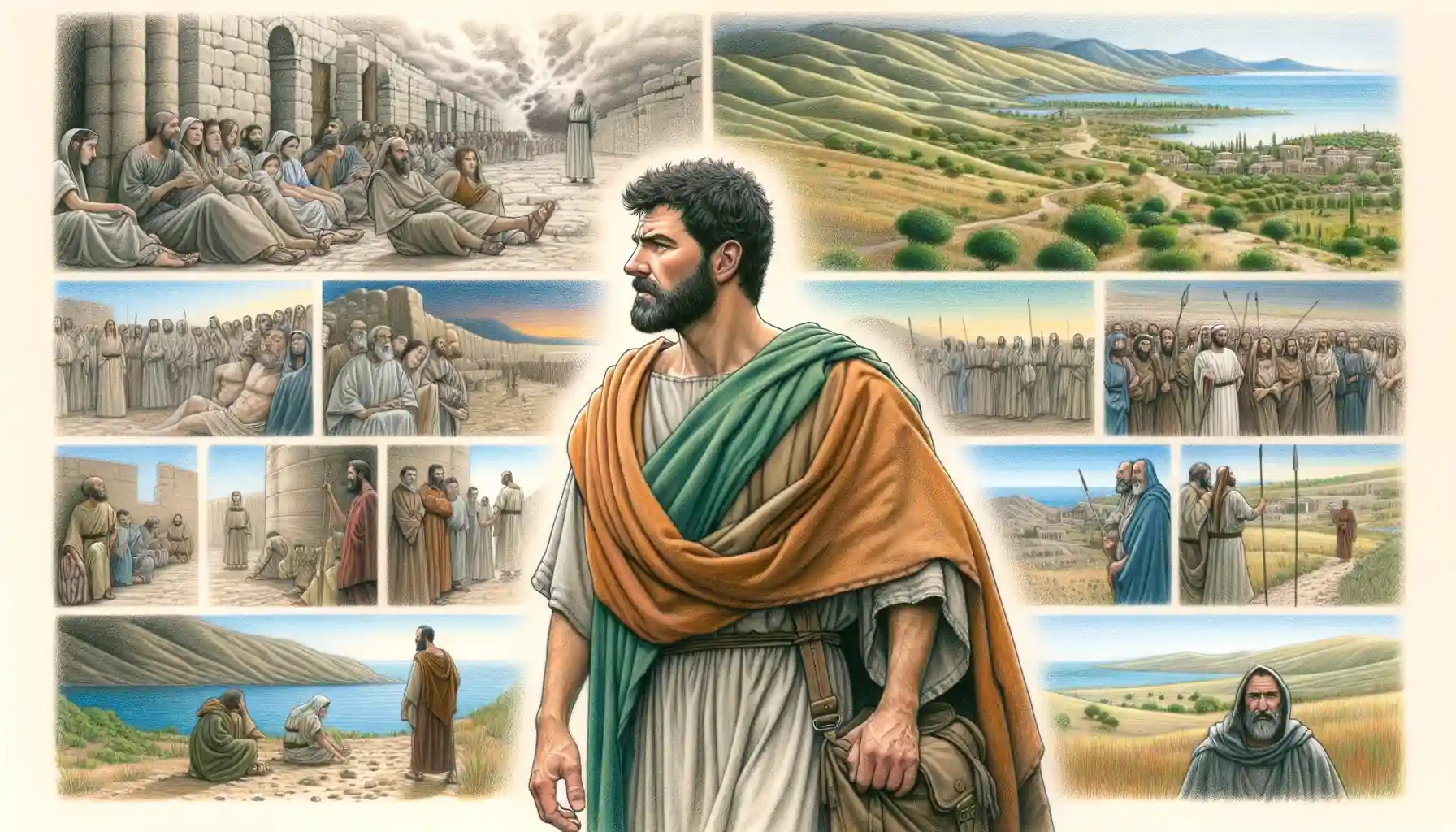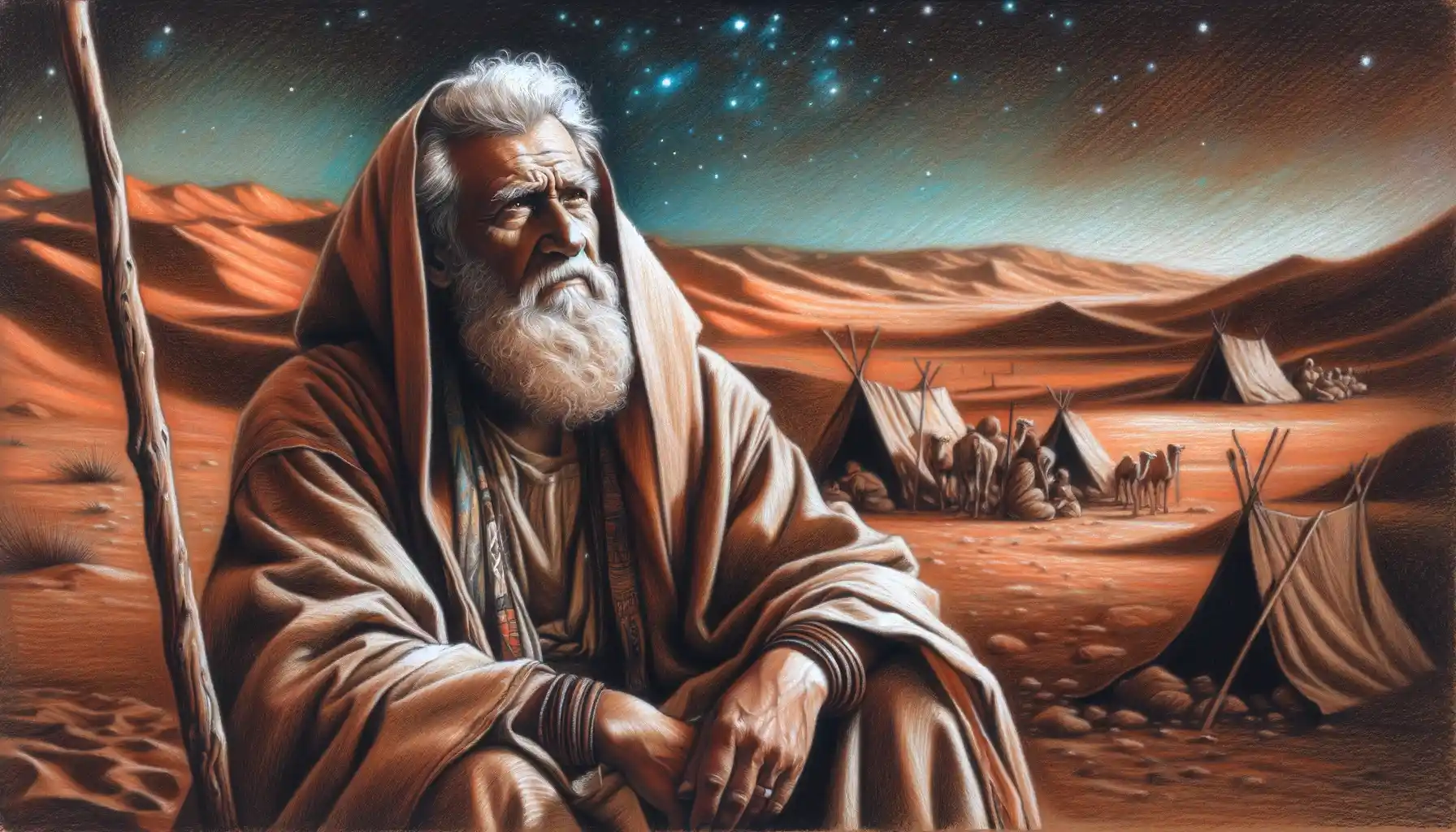The Roman Empire, established in 27 BC by Augustus, was one of the most powerful and enduring empires in history, renowned for its advanced governance, military prowess, engineering marvels, and cultural influence, spanning three continents at its height, transitioning from polytheism to Christianity, and leaving a lasting legacy that profoundly shaped Western civilization before its decline and fall in 476 AD in the West, while the Eastern Roman Empire continued as the Byzantine Empire until 1453 AD.
Silas, a key companion of Paul on his second missionary journey, played a crucial role in spreading the Gospel, enduring imprisonment and persecution, and helping establish early Christian communities in Thessalonica, Berea, and Corinth.
Cornelius, a Roman centurion stationed in Caesarea, is historically significant as the first Gentile convert to Christianity, receiving a vision from God, welcoming the apostle Peter, and being baptized alongside his household, which marked a pivotal expansion of the early church to include Gentiles.
Abraham’s life exemplifies unwavering faith and obedience to God. His story is central to understanding the roots of monotheistic belief and the covenant relationship that defines Jewish identity and spirituality.
The narrative of the Birth of Jesus in Luke 2:1-20 offers a profound glimpse into the miraculous events surrounding the arrival of Christ, emphasizing themes of prophecy, divine humility, and celestial joy, set against a backdrop of Roman governance and fulfilled through a humble manger in Bethlehem.
Jesus Christ, central to Christianity, is believed to be the divine Son of God who came to earth to offer salvation through His teachings, death, and resurrection. His life and miracles, documented in the New Testament, continue to inspire and guide millions of believers worldwide.
he Book of Revelation unveils the culmination of human history and the ultimate victory of God and His Kingdom, depicting vivid and symbolic visions of cosmic conflict, divine judgment, and the glorious consummation of God’s redemptive plan, while offering hope and encouragement to believers facing persecution, reminding them of the sovereignty of God and the promise of ultimate triumph over evil.
The Book of Jude warns against false teachers who distort the truth and lead believers astray, while encouraging believers to contend earnestly for the faith, to build themselves up in their most holy faith, and to remain steadfast in God’s love and mercy, emphasizing the importance of doctrinal integrity and spiritual vigilance in the face of deception.
The Book of 3 John commends Gaius for his hospitality and support of traveling missionaries, warns against the disruptive influence of Diotrephes, and affirms the good testimony of Demetrius, highlighting the importance of supporting those who are faithful to the truth of the gospel and maintaining unity within the local church community.
The Book of 2 John encourages believers to walk in truth and love, while warning against receiving false teachers into their homes and urging them to remain faithful to the apostolic teaching, emphasizing the importance of discernment and hospitality rooted in the truth of Christ.










